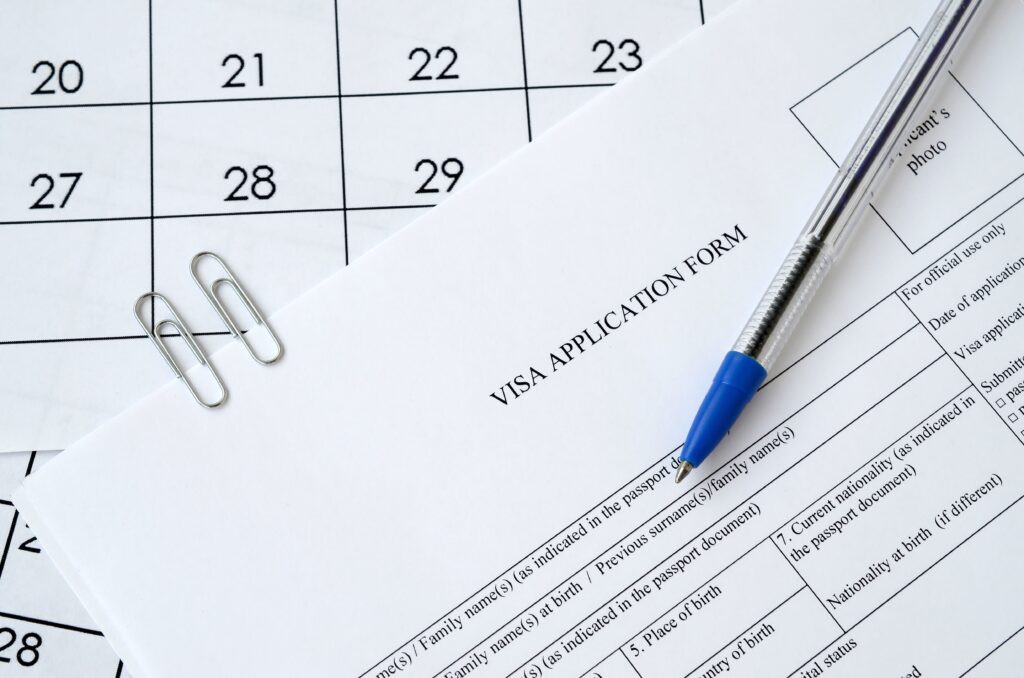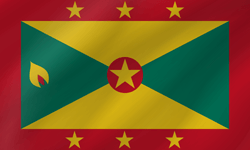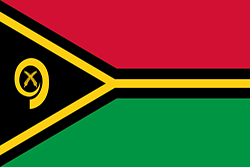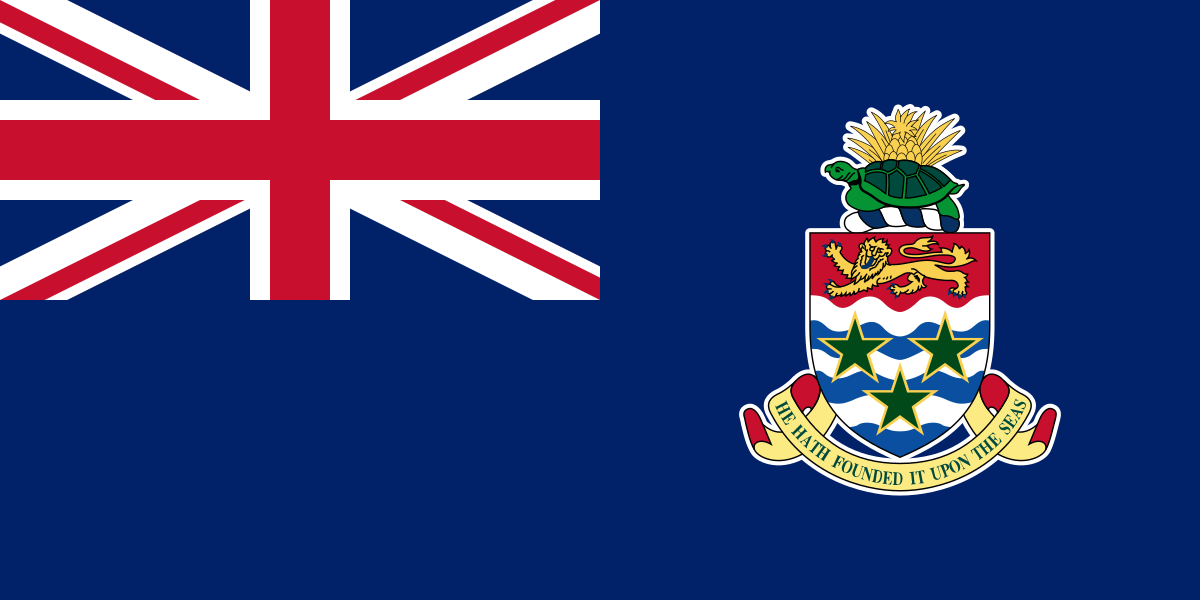A Post-Pandemic World
The COVID-19 pandemic has left a significant mark on all areas of life across the globe. This is especially true in the workforce. In a world where working from home has become the new normal, the pandemic has bred a new type of entrepreneur: a digital nomad.
Digital nomads can be pictured equipped with a laptop and able to work remotely from anywhere in the world. They are peripatetic creatures – think content creators, web developers, or social media marketers. Wealthier digital nomads with the capacity to work remotely will certainly travel abroad for work, given the option, if only to avoid the “brain drain” associated with working from home for the past two years.
Why have digital nomad visas become so popular?
Where COVID-19 has effectively killed off tourism, countries which have economies that are heavily reliant on the tourism sector had to compensate. By targeting digital nomads with the country’s visa program, each individual approved for the program who stayed for a year compensated for the spending and stimulation to the economy by 24 tourists staying for two weeks each.
Often, digital nomads use tourist visas to work remotely, but this is illegal. However, many countries have provided this new type of worker with a legal basis to blend travel and work through digital nomad visas. This takes remote working out of a legal limbo or gray area, providing a clear legal framework for digital nomads to make a living abroad.
The number of countries offering digital nomad visas has almost tripled since the pandemic
Whereas prior to 2021, just over 20 of these types of programs existed around the world, the list of countries participating in digital nomad visa approval has almost tripled to over 55 countries worldwide. While not all of these programs target digital nomads directly, shorter-term residential visas for foreign workers that make a good fit for digital nomads are included.
Although the trend was started by smaller, tourism-dependent countries in Europe and the Caribbean, the list has started to include big players on the world’s economic platform, such as the UAE, Italy, Germany, amongst others.
Foreign capital stimulating the local economy is not the only benefit to host countries anymore: they are beginning to attract new talent and ideas to their business labor markets through skill-sharing, often stimulating new industries like tech or information technology.
Benefits of Digital Nomad Visas
Typically, these visas are similar to tourist visas in that they are short-term and do not offer a pathway to permanent residency or citizenship. While the application process is comparable to tourist visas (with a slightly longer processing time), they allow for longer stays, typically one or two years. However, some countries allow you to extend the visa for up to five years. This makes the perfect fit for freelancers or entrepreneurs that have the capacity to travel and work remotely.
Apart from the fact that you can enjoy a long vacation in foreign country while maintaining a stable income or pressing pause on your career, many countries have created infrastructure and resources to facilitate remote working. This includes strong, high-speed internet, modern accommodations and amenities, and efficient transportation networks, which increase the quality of life of an expat working remotely.
Holders of a digital nomad visa might not be taxed in their home country!
One of the most attractive qualities of a digital nomad visa is that holders are usually not taxed in their host country, although they may still have an obligation to pay taxes in their country of citizenship or if they are still considered a resident of another country. For example, digital nomads from the United States must still file taxes in the United States, even if they are working remotely abroad. Canadians who do not become a non-resident of Canada will still have tax obligations in Canada.
Many programs also allow you to apply with your family members. While for some countries, this extends to your partner and children, others allow extended family members to be included on your application. Consulting a specialized attorney is a quick and easy way to discover your options!
What are the Best Options for Digital Nomad Visas?
Over 55 countries currently offer or are in the process of implementing some form of digital nomad visa. With so many options, how are you expected to make a decision on which program to apply for?
Some of the top-ranking and most popular programs include: Germany, Estonia, Costa Rica, Norway, Croatia, Mexico, Portugal, the Czech Republic, Iceland, Argentina, and Thailand.
- Germany offers a freelance visa, a program that has proved to be very popular. This visa allows holders to work on contract with several startups and businesses.
- Estonia’s digital nomad visa was established in 2019, whereas the program in Croatia was more recently established in 2021.
- Costa Rica recently launched their digital nomad visa program that allows applicants to reside and work in the country for up to two years, with the possibility for extension.
- Mexico also allows their annual visa to be extended for up to four years.
- Norway also offers a great option with an excellent quality of life. To obtain a Norwegian digital nomad visa, you need to prove sufficient income to endure the length of your stay.
- The requirements for Portugal’s D7 passive income visa is similar, although you can use this program as a stepping stone to residency in Portugal if you so choose.
- Thailand is the world’s top country for digital nomads. This is based on rankings for different criteria, such as climate, cost of living, internet access, natural landscapes, and available activities.
The right country for your digital nomad visa depends on your wants and needs
Would you rather work from a beach in a tropical climate, or in a bustling European city as a hub for transport? You need not limit yourself to any one option, digital nomads are so named because they tend to bounce around the globe every couple of years.
Eligibility and Requirements for the Digital Nomad Visa
Digital nomad visas are typically given to those who are already employed at an establishment based outside of the host country or those who can manage their own business remotely. As long as the holder does not enter the local labor market or compete for local jobs, approval of digital nomad visas is relatively straightforward.
To be eligible for a digital nomad visa, you must typically be over 18 years of age, and have proof of a specific monthly income. Although this amount varies from country to country, it can range anywhere from US$ 1,500 to US$ 5,000. You must also have proof of remote work and have travel insurance in most cases.
There are certain situations what will disqualify you for a digital nomad visa and lead to your application being denied. This includes if you were convicted of a serious crime, falsify information on your application, or do not meet annual income or remote work requirements.
Application Process to gain a digital nomad visa
First, you’ll need to fill out a digital nomad visa application form for the country you are applying to. Sometimes this can be done online, others you’ll have to print, fill out and mail in, or hand into an embassy or consulate directly. While you can make the application yourself, the help of an agent can be very beneficial, especially when it comes to preparing supporting documentation.
These documents may include:
- Passport
- Birth certificate
- Identity photos
- Proof of health insurance
- Proof of financial income (bank statements)
- Evidence of remote work (work contract, business license)
- Business qualifications
- CV
Next, you must schedule an appointment to submit your visa application and attend an interview at the host country’s embassy or consulate. You will also pay a fee at this time, typically between US$ 200 to US$ 1,000, or up to US$ 3,000 or more for family applications. If approved, you will receive your visa after approximately a month. However, processing times for visa applications vary between countries.
Tips on Getting Started by JH Marlin
- Begin cutting ties! Reduce ties to your home country and get ready for your life and business to become mobile.
- Figure out how to harness skills that are capable of being monetized. Prepare a business plan and budget accordingly.
- Don’t forget to get adequate health coverage if you think you will need it! Relying on travel insurance might be enough or it might not be. There are many health care plans that cover worldwide health expenses.
* This article does not constitute legal, tax or financial advice. This article is for information purposes only and the information can be subject to change at any time.


















